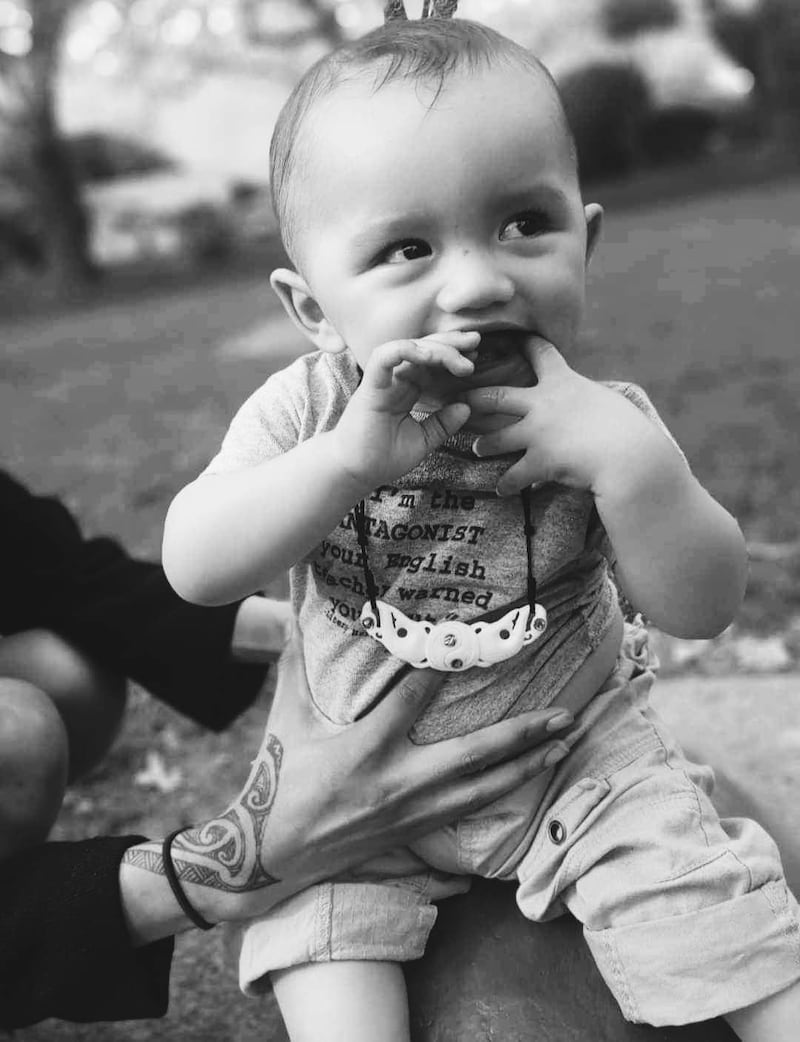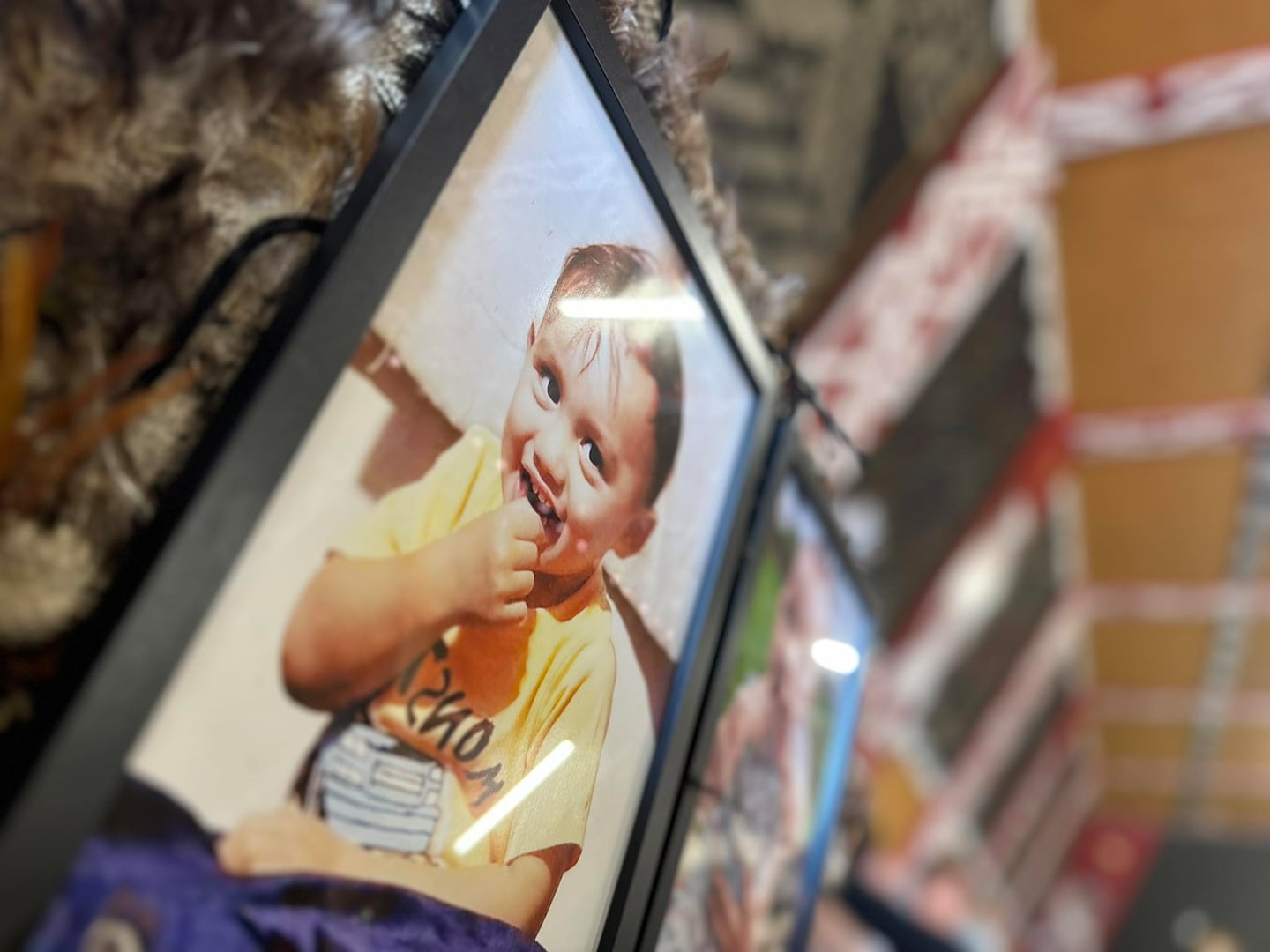“Tell the truth and be honest” Is the plea of the Reremoana whānau to those responsible for the tragic death of one-year-old “Baby Ru” Ruthless-Empire Soljah Reign Rhind Shephard Wall, who was killed over two weeks ago in the Lower Hutt suburb of Taita.
Police are investigating the death and say they are concentrating on the three adults who live in the house, including Baby Ru’s mother.
It has been by far the most difficult and heart-wrenching two weeks for the whole family,whānau members say.
“We as whānau are still very upset, angry, with all the emotions, and we just at this time want the people, the three people that were in the whare to tell the truth and be honest,” Baby Ru’s greataunt, Sarah Jane Reremoana, says.
“Our baby doesn’t deserve to be up in the air like this. He is at rest but he deserves more than just being a wandering matter for the past two weeks.”
“So we’re very hurt about the way and how the time has been but we know that New Zealand Police have taken on an intensive investigation that we know that we will get some answers very shortly,” Reremoana says.
‘Broken our family’
" For us, this has been the hardest times of our lives. Never ever did we think that we would be laying to rest the mokopuna, let alone in the way that he was tragically taken from us and taken out of this world.”
Ngatanahira Reremoana is baby Ru’s uncle and says this tragedy has broken their family.
“We’re waiting for justice for our baby, so we will fight for our baby until justice is served,” Reremoana says. “And we will keep sharing his face all over the media so that everyone can see what we’re going to be missing out on for the rest of his life or for the rest of our lives as well. You know, back in my first article, I think it was a few days after he passed, I said he was the soul of our family. And this passing did break our family. And it was not a passing that we wanted.”

Ngatanahira Reremoana had initially reported his concerns about baby Ru’s welfare and safety to Oranga Tamariki and suggested an immediate uplift of the toddler.
In May his family took over looking after Baby Ru but his mother and grandfather took him back in July.
“That’s where it all broke down with the whānau where we didn’t have contact with baby Ru anymore,” Reremoana says.
Tracie Shipton of the child advocacy group VOYCE Whakarongo Mai says a more holistic and community-based approach is needed to support struggling families who have lost children.
“Oranga Tamariki is there too as that regulatory body, so that’s not really where you’re going to expect the support to come. I think our community have to gather round, and we have to gather round before an incident like this, before a tragedy happens, and do what we can, the whole community.”
Taking notifications seriously
“We should always respond in any situation immediately and I don’t know what happened in this particular situation. I read some of the reports about the contact and there will be a practice review and that will illuminate some of the issues that we’re experiencing. But at the end of it, we’ve got the death of a child,” she says.
Shipton says there are many contributing factors that impact negatively on families that sometimes pushes them over the line.
“Intergenerational trauma, poverty, societal breakdown, the effects of isolation on communities. There’s just a myriad of things that can impact families and do,” she says.
But greataunt Sarah Jane Reremoana says: “You put your trust in the system and think you can make a notification and hope that somewhere that somebody would reach out and make an initial hello to the whānau that are concerned.
‘’They didn’t even look at the first sentence’
“We just realised that we should have maybe tried a lot harder to make it more appealing or show to them that we did have concerns for this child.
“But when people do see the emails that have been sent, there’s going to be a lot of questions as to why they didn’t even look at the first sentence.
“So, for us, we’d like to make sure that this doesn’t happen in the future, that notifications are taken seriously, even if they are not true,” Sarah Jane Reremoana.



